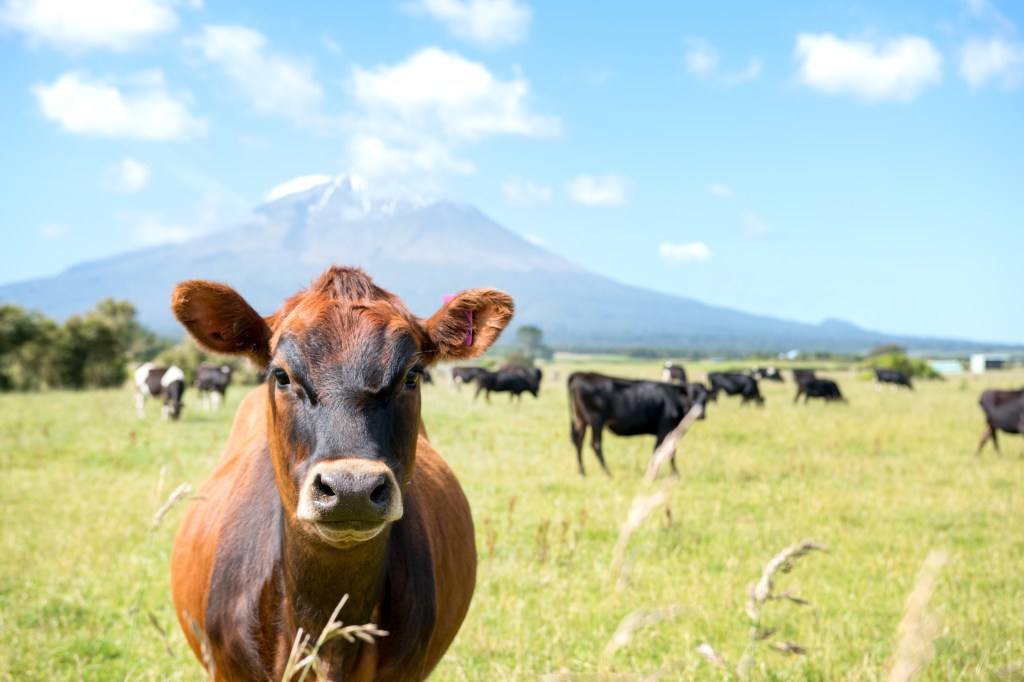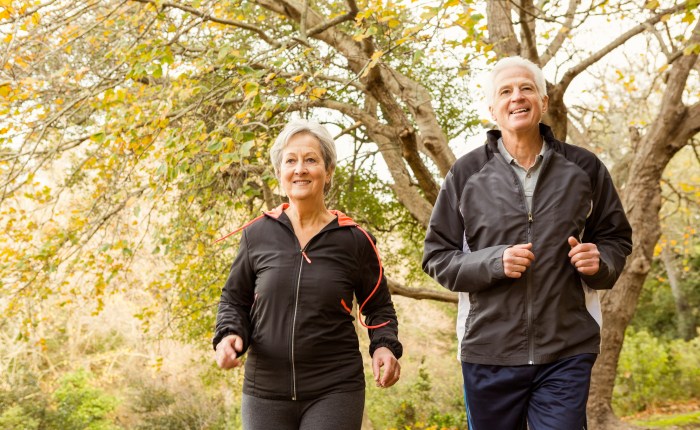The first flight I recall going on was Christchurch to Auckland, visiting Grandma with Mum when I was about 4. I’m not sure why I got to go but I did, and it wasn’t the only time I flew to Auckland just with Mum. I remember there being a Viscount aeroplane and based on Wikipedia it must have been a Vickers Viscount 807, with 32 seats, although it felt quite large to me! Later it was the Boeing 737 on that route and then the Airbus A320 and occasionally A321. Grandma had a clock that I’ve recently had restored and written about again (I am sure my psychotherapist will have a field day with all of this). Anyway, back to flying.
I went for a period of anxiety with flying and really didn’t enjoy it at all, but out the other side some years ago it’s that easy flow feeling at the airport, on the plane and all bits in-between. Just don’t be late and don’t stress on delays or other first world inconveniences.

We’re very fortunate in this country with air services from one end to the other and for me nothing more that two hours flying for where I need to be. Of course, there’s more time involved – don’t be late for security because odds are it will be busy, be prepared for a delay every few flights – we live in a country of wild weather and anything can happen. But I try and be prepared – chargers, headphones, and the absolute least luggage possible. Ideally, only a carry on smallest type of bag if at all possible. And last but not least – I’m writing this to convince myself – leave the food and drinks. It’s awful how much you can consume between meals during the flying routine. If I feel I need to eat then I try and follow the nutrition advice to try and eat up to 30 different plant types a week – hard to do that with stew, rice and sandwiches on tap at the lounge, but easy with salad and fruit. I try anyway!
If you have something you want to do, that gives you a level of contentment – like for me writing a blog on here, but don’t have time, headspace or the energy after a long day – the flying journey can be ideal. If I eat and tinker with my phone it’s ok, just, but doing something meaningful in amongst the haze of the flying ritual is enormously beneficial. Looking around the airport lounge in Christchurch right now, the majority of people are on phones or screens (like me!), but some are reading books, catching up with calls to friends. Bringing meaning to a moment on the move.

I recently watched the new David Attenborough-narrated TV series Our Planet II. It’s got the usual lion hunting wildebeest (who knew it wasn’t spelt “beast?”), but the main theme is about movement. Sharks who swim thousands of kilometres to feed on Albatros chicks who crash land on their first flight. The Albatros that do make it don’t come back to land for five years. And Wildebeest that form the largest herd in the world and move thousands of kilometres through Africa in a constant search for food and water. Closer to home not far from my Auckland house there’s the Muriwai Gannet colony where chicks are hatched before migrating 2000 kilometres to Australia returning two to six years later to lay their eggs.
My flying seems more mundane and somewhat less existential than for the animals in the wild. But humans have always embraced movement, which I find a little addictive, and somehow energy and purpose giving if I follow my own guidance on the routines.
Stephen







 Well-being is really about satisfaction, happiness or contentment. You chose the word that suits.
Well-being is really about satisfaction, happiness or contentment. You chose the word that suits.